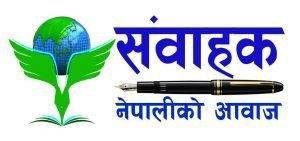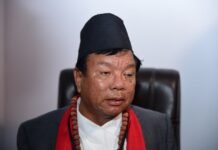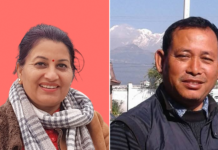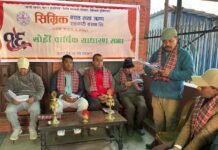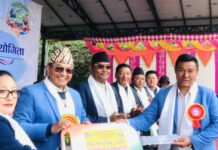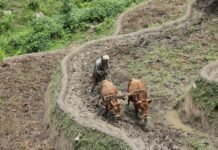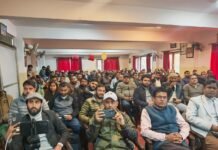Kathmandu, Nepal – A surge in air pollution has engulfed Kathmandu Valley and several urban centers across Nepal, including Dhangadhi, Hetauda, Pokhara, and Nepalgunj, raising alarms over public health risks. Recent data from the U.S. Air Quality Index (AQI) reveals pollution levels in these areas have soared above 100 AQI, far exceeding the 50 AQI threshold deemed “unhealthy” by global standards.
Current Situation and Causes
Meteorologists attribute the worsening air quality to stagnant weather conditions, with minimal rainfall or strong winds to disperse pollutants. Unfortunately, forecasts suggest little relief in the coming days. The crisis stems from multiple sources:
– Industrial and vehicular emissions from expanding urban centers.
– Deforestation** and rampant open burning of agricultural waste, garbage, and household fuels.
– Construction activities and unpaved roads, contributing to hazardous dust levels.
Health Impacts and Expert Warnings
Medical professionals warn that prolonged exposure to polluted air severely impacts respiratory health, eyes, skin, and cardiovascular systems. “Pollution particles penetrate deep into the lungs and bloodstream, escalating risks for asthma, bronchitis, and heart diseases,” cautioned a healthcare expert. Vulnerable groups, including children, the elderly, and those with pre-existing conditions, face heightened dangers.
Calls for Precautionary Measures
Authorities and doctors urge residents to:
1. Limit outdoor activities, especially during peak pollution hours.
2. Use N95 masks if venturing outside.
3. Keep windows closed and employ air purifiers indoors.
4. Advocate for long-term solutions like stricter emission controls and sustainable waste management.
Long-Term Solutions Needed
While short-term weather changes could offer temporary respite, environmentalists stress the need for systemic reforms—curbing open burning, promoting green energy, and enforcing pollution regulations—to combat Nepal’s recurring air quality crises.
As smog blankets the nation, the call for urgent action grows louder, emphasizing that clean air is not a luxury but a fundamental right.
